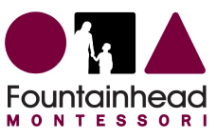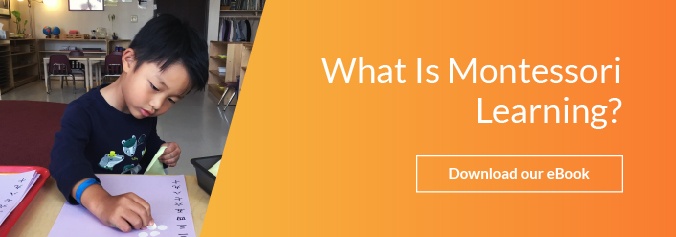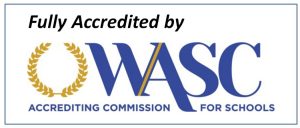Choosing the right educational path for your child is a significant decision that can impact their development and future success. Montessori education, known for its child-centered approach and emphasis on fostering independence and a love for learning, is one option that many parents consider. But how can you determine if Montessori education is the best solution for your child? Here are some key factors to consider, with insights from Fountainhead Montessori School.
Understanding the Montessori Philosophy
The Montessori method, developed by Dr. Maria Montessori, is based on the belief that children are naturally curious and capable learners. This educational approach emphasizes self-directed learning, hands-on activities, and a prepared environment that supports the child’s developmental needs. Montessori education focuses on fostering independence, critical thinking, and a lifelong love of learning.
Key Factors to Consider
Your Child’s Learning Style
Montessori education is well-suited to children who thrive in a self-directed learning environment. If your child is naturally curious, enjoys exploring their interests, and benefits from hands-on activities, they may excel in a Montessori classroom. The individualized approach allows children to learn at their own pace, which can be particularly beneficial for children who prefer to work independently or need more time to master certain skills.
Independence and Responsibility
One of the core principles of Montessori education is fostering independence. Montessori classrooms encourage children to take responsibility for their learning and daily tasks, such as dressing, feeding, and cleaning up. If you value fostering independence and responsibility in your child, Montessori education can provide the ideal environment for these qualities to develop.
Hands-On Learning
Montessori education emphasizes hands-on learning through the use of specially designed materials. These materials are self-correcting and promote exploration and discovery. If your child learns best through direct experience and sensory engagement, they may benefit from the hands-on approach of Montessori education. This method helps children develop a deep understanding of concepts and fosters a love for learning.
Social and Emotional Development
Montessori classrooms provide a nurturing environment that supports social and emotional development. The mixed-age classroom setting encourages cooperation, empathy, and mentorship. If you want your child to develop strong social skills and learn to interact with peers of different ages, Montessori education can provide valuable opportunities for social and emotional growth.
Academic Excellence
Montessori education provides a strong foundation for academic excellence. The curriculum covers a wide range of subjects, including language, mathematics, science, and cultural studies. Children are encouraged to explore these subjects at their own pace, developing a deep understanding and love for learning. If academic rigor and a well-rounded education are important to you, Montessori education can offer the right balance.
Prepared Environment
The environment in a Montessori classroom is meticulously prepared to meet the needs of children. It is child-sized, organized, and aesthetically pleasing, creating a sense of order and calm. If your child thrives in a structured yet flexible environment that encourages exploration and independence, Montessori education can provide the ideal setting for their growth and development.
Observing a Montessori Classroom
One of the best ways to determine if Montessori education is the right fit for your child is to observe a Montessori classroom in action. Schools like Fountainhead Montessori School welcome prospective parents to visit and see firsthand how the Montessori method is implemented. Observing a classroom allows you to:
- See the Learning Environment: Take note of the classroom setup, materials, and overall atmosphere. Observe how children interact with the environment and each other.
- Observe the Teachers: Watch how teachers guide and support the children. Notice their role as facilitators and how they encourage independence and self-directed learning.
- Understand the Curriculum: Learn about the different areas of the Montessori curriculum and how they are integrated into daily activities.
- Ask Questions: Take the opportunity to ask teachers and administrators about the Montessori philosophy, curriculum, and how they address individual learning needs.
Determining if Montessori education is the best solution for your child involves considering their learning style, needs, and your educational values. Montessori education, as exemplified by Fountainhead Montessori School, offers a child-centered approach that fosters independence, critical thinking, and a love for learning. By understanding the Montessori philosophy and observing a classroom in action, you can make an informed decision about whether this educational approach aligns with your child’s needs and your family’s goals. If you value a flexible, individualized approach that encourages holistic development, Montessori education might be the perfect fit for your child.












Let us know what you think about this post
Put your Comment Below: